The links between happiness and food are very strong, as our brain needs specific nutrients to function properly. Some nutrients are particularly essential for our good mood given their role in our body.
Thus, foods rich in omega-3s should be prioritized because they influence brain chemicals that manage mood, especially serotonin and dopamine.
Vitamins B9, B12, and B6 also play an important role. A correlation has been observed between low levels of vitamin B and a state of depression. These vitamins indeed play a significant role in the production of certain neurotransmitters.
Even though studies are not yet abundant on the subject, a link has been observed between vitamin D deficiency and depressive states.
Finally, tryptophan, an essential amino acid (meaning it can only be found in our diet) is at the origin of serotonin secretion, the hormone of happiness!
6 Anti-depression Foods
1. Avocado
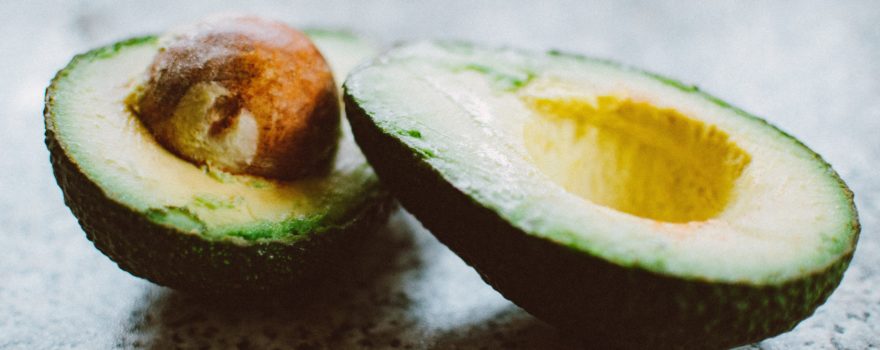
Avocado is a vegetable particularly rich in nutrients, notably in tyrosine, an amino acid from which dopamine and norepinephrine, two neurotransmitters influencing our happiness, are derived.
Avocado also contains tryptophan, B-group vitamins, beneficial for the nervous system, and magnesium.
Avocado can be consumed several times a week.
2. Cocoa
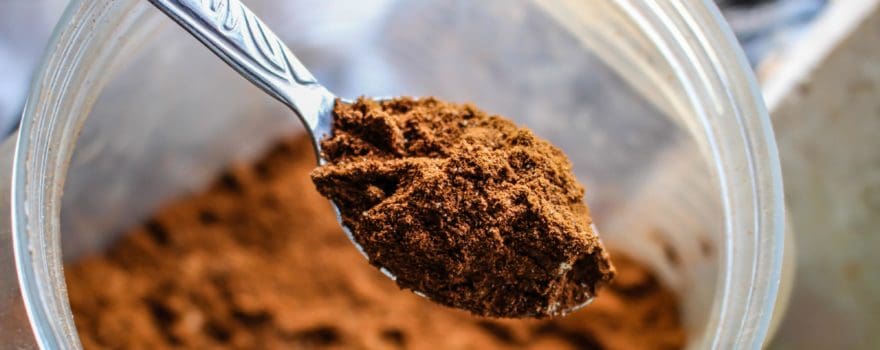
Cocoa, or chocolate containing more than 70% cocoa, is good for mood for several reasons. For its taste, of course, but also because of the nutrients it contains.
Particularly rich in minerals, especially magnesium, and B-group vitamins, it is a reliable choice against mood slumps.
Cocoa is preferably consumed raw, meaning non-roasted. You can eat the beans directly or consume it in powder form.
3. Banana
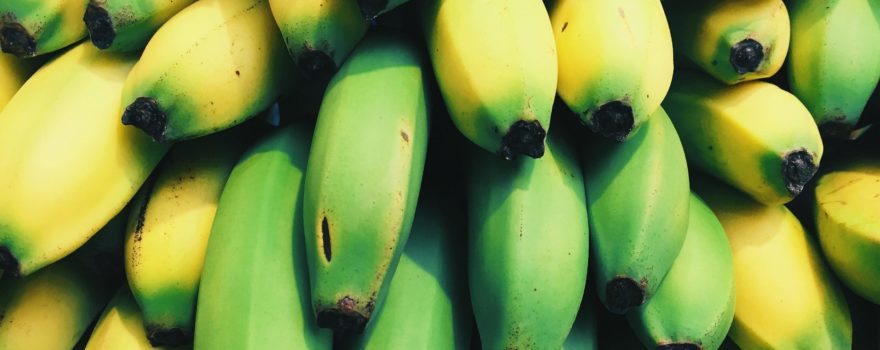
Banana is a prime source of tryptophan and B vitamins. It also contains potassium, which regulates nerve impulses, and magnesium, which we have seen has a positive effect on our mood.
Banana is preferably consumed raw, alone or in a fruit salad, for example.
4. Goji Berries
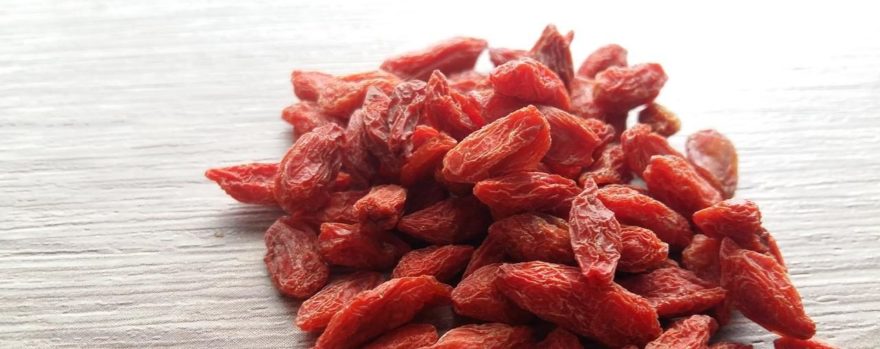
Their name would mean “fruit of happiness” in Chinese. These small red berries are rich in amino acids, notably tryptophan, B vitamins, and magnesium.
They are also very rich in vitamin C (more than orange) and therefore good for our overall energy.
In France, they are generally found as dried fruits. They can enhance desserts or be eaten alone.
5. Nuts
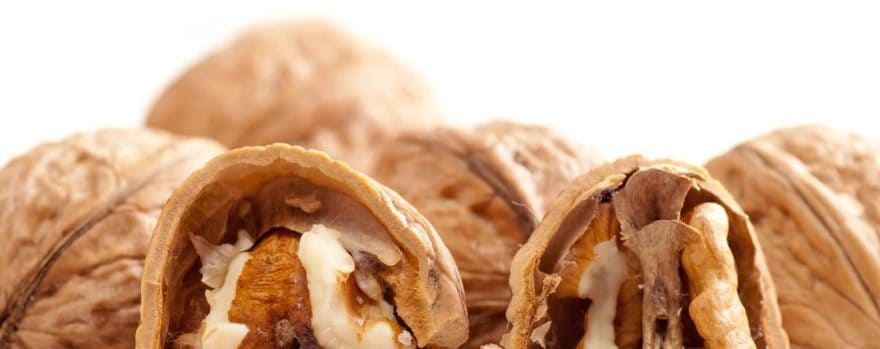
Walnuts are composed of two-thirds fatty acids, essential for our brain. They are also a source of tryptophan and melatonin, a hormone beneficial for sleep and thus daily mood.
Brazil nuts are, in particular, very rich in selenium, a trace element important for stress prevention, and also for certain cancers.
It is recommended to consume about 30 grams of nuts per day. Nuts are best enjoyed alone, preferably fresh, in fruit salads or on desserts.
6. Salmon

Salmon is particularly rich in long-chain omega-3s, like EPA and DHA. These are specifically beneficial for health and the brain, as if they are lacking, the brain will contain fewer neurotransmitters.
Several studies have shown a direct link between low consumption of fatty fish and the onset of depression.
Salmon should be consumed 1 to 2 times a week. Raw, or cooked at low temperature in the oven or in a bouillon, not to alter the omega-3s. It’s not recommended to eat it every day due to the presence of pollutants in its fat.



